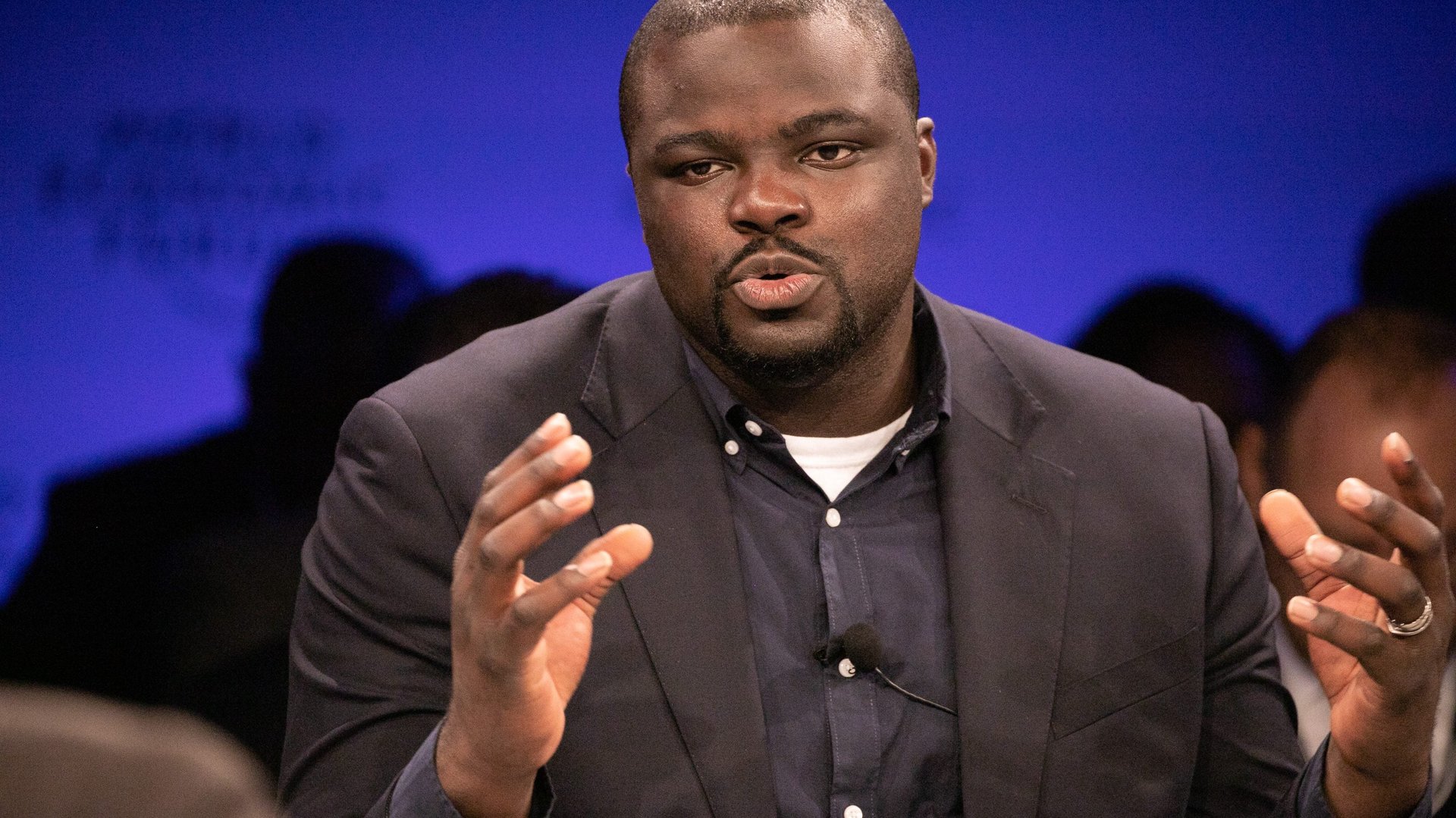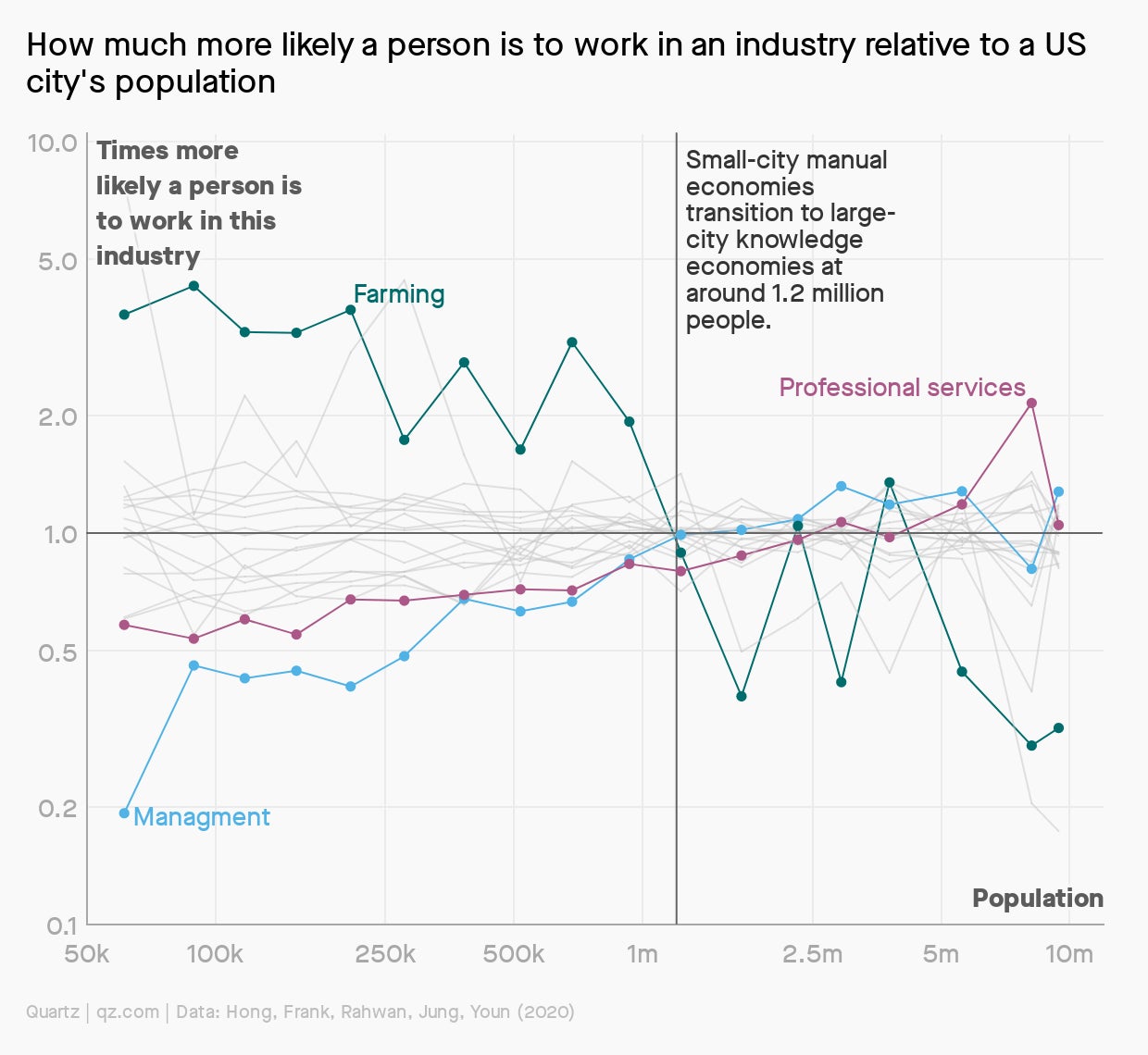Trump tapes downplay Covid-19 danger, Microsoft’s new Xbox, kitschy satanism
Good morning, Quartz readers!

Good morning, Quartz readers!
Here’s what you need to know
Donald Trump said he purposefully downplayed the Covid-19 threat. A new book by Washington Post journalist Bob Woodward attests, among other things, that the US president confirmed he deliberately mischaracterized the dangers of the virus to the American people so as not to create a panic. The US is currently—and heavily—leading the world in coronavirus cases.
LVMH walked away from its deal to buy Tiffany. The French luxury conglomerate was on track to make the biggest purchase in the industry’s history when it received a letter from the French government asking it to delay the deal with the US-based jeweler in response to tariff threats from Washington. The government said LVMH’s reaction was unnecessary, as the letter was not binding, but its recipient disagreed.
The US revoked more than 1,000 Chinese visas. The state department told Reuters that the move was made to target students and researchers believed to have ties to the Chinese military. Australia also revoked two Chinese scholars’ visas as both countries have accused the other of harassing visiting journalists.
The latest Xbox is on its way. Microsoft announced that the Xbox Series X console will debut on Nov. 10 for $499, with preorders opening Sep. 22. The launch is just in time for a holiday season that could be focused on a lot of at-home activities. Sony has yet to be so forthcoming about the PlayStation 5.
Huawei’s developer conference kicks off. Starting today and lasting through Saturday, the annual event will be held live at the company’s headquarters in Shenzhen, China. On the agenda: updates to the progress of Huawei’s new HarmonyOS intelligent operating system, new earphones, a new smartwatch, and more.
TikTok’s US operations might not be sold after all. The ByteDance-owned platform is reportedly in talks with the US government to work on a deal that will allow TikTok to operate in the country, now that China has made a potential sale more difficult.
Obsession interlude: Beyond Silicon Valley
To understand a Quartz obsession, it helps to know who to follow. Here’s one person shaping the tech world beyond Silicon Valley:

At 29, Iyin Aboyeji’s CV already includes building two of Africa’s best-funded startups. In 2014, he co-founded developer outsourcing firm Andela, which has since raised over $180 million from investors that include the Chan Zuckerberg Initiative, Serena Williams, and an investment firm co-founded by former US vice president Al Gore. Two years later, Aboyeji moved on to launch Flutterwave, a payments processing firm that has since grown from Nigeria to enabling payments in over 40 African countries. Today, Aboyeji is an investor himself, providing fast-growing, early-stage African startups with crucial funding.
Keep up with innovators like Aboyeji as part of our Beyond Silicon Valley obsession.
Charting emerging knowledge economies
What does it take for a city to jump into the knowledge economy? A new study found one key factor: a population of at least 1.2 million.
Physicist Inho Hong from the Max Planck Institute looked at the industry composition of 350 US metro areas between 1998 and 2013. He and his team found that 1.2 million people is the threshold between economies based on manual labor and those based on knowledge and innovation.
Hong and his colleagues were trying to figure out whether all urban areas follow the same path as they grow, a concept they borrowed from biology. Their data analysis suggests the answer to that question is “yes.”

Civilization and its counterfactuals
Counterfactual /ˌkaʊntəˈfaktʃʊəl/, (adjective), relating to or expressing what has not happened or is not the case.
Good decision-making requires imagining the outcomes of different potential choices, all but one of which will never actually occur. The road not taken is called the counterfactual, and we rely on it every day.
How many lives would have been saved if CDC Covid-19 tests had worked from the start? Would you have gotten the job if you hadn’t been late to the interview? Counterfactual thinking is an essential part of decision-making, but we don’t know much about how people can get better at it.
In our latest field guide, we profile one attempt to answer that question: a research project called FOCUS (Forecasting Counterfactuals in Uncontrolled Settings), sponsored by IARPA, the research branch of the US intelligence community. FOCUS set out to study the science of decision making and forecasting using simulations and games, including a pandemic simulator and the popular computer game Civilization V. Read more here.
✦ Don’t spend the rest of your life wracked with regret about not becoming a Quartz Member. Sign up today!
We’re obsessed with sports branding

It’s not just fun and games. Football is far and away the most popular sport in the US, an honor that comes with a near endless supply of pageantry in the form of military flyovers, mascots, and squads of cheerleaders. Today’s NFL kickoff won’t have any of that. We can still take this time to obsess over the colors, logos, uniforms, and mascots designed to bind fans closer to their teams and, of course, sell them merchandise. No matter if your favorite franchise is named for a bird, a cat, or a pair of socks, let’s rep our colors with the Quartz Weekly Obsession.
Surprising discoveries
Apple’s iMask only covers your mouth and nose. The in-house designs are intended for corporate and retail employees
Maybe all the mammoths just flew away? The construction site for a new airport in Mexico is now the world’s leading site for skeletons of the Ice Age elephant ancestor.
Gucci is leaning into the .jpg. After selling multiple four-figure virtual garments, the Italian fashion powerhouse is designing for the digital.
A US Republican congressperson is trying to take down a president. The “Name the Enemy Act” would strip Xi Jinping of his presidential title.
One man’s satanism is another man’s kitsch. After a high-profile Airbnb user complained about his host’s decor, the homeowner defended his decorations.
Our best wishes for a productive day. Please send any news, comments, Prada .png’s, and Applecare protection for our overpriced aluminum facemasks to [email protected]. Get the most out of Quartz by downloading our app on iOS and becoming a member. Today’s Daily Brief was brought to you by Jackie Bischof, Yomi Kazeem, Susan Howson, and Max Lockie.